Bank of Japan (BOJ) Governor Haruhiko Kuroda said on Tuesday that the BOJ has the ability to take time to review market and overseas economic developments when formulating monetary policy.
This statement indicates that the BOJ is not in a hurry to further raise interest rates.
Kuroda reiterated that if underlying inflation accelerates towards the 2% target as expected, the BOJ will raise interest rates, showing that the BOJ's stance on gradually pushing up borrowing costs that are still close to zero has not changed.
However, he warned of risks to the economic outlook, such as financial market turmoil and uncertainties about whether the U.S. economy can achieve a soft landing.
Speaking to business leaders in the western Japanese city of Osaka, Kuroda said, "We must formulate policies in a timely and appropriate manner, without considering any pre-set timetable, while taking into account various uncertainties."
Kuroda said that the "one-way decline" of the yen since August has been reversed, and has significantly reduced the risk of overshoot inflation by slowing down the rise in import prices.
"When formulating monetary policy, we need to carefully study market trends and the overseas economic developments behind them.
We have time to do this," he said.
These remarks highlight that the BOJ's focus is shifting from inflation risks to the possibility of a global economic slowdown and the pressure on Japan's export-dependent economy from the appreciation of the yen.
This is roughly consistent with Kuroda's remarks after the BOJ's policy meeting last Friday, when the BOJ board unanimously voted to keep short-term interest rates unchanged at 0.25%.
Kuroda emphasized that domestic economic conditions are in line with the BOJ's forecasts, with wage increases supporting consumption and helping to push up service industry prices.
He said that as wage growth is expected to continue into the next fiscal year and beyond, "underlying inflation may continue to rise," indicating that Japan is likely to meet the key prerequisite for further interest rate hikes.
However, Kuroda emphasized the need to carefully review the growing overseas risks, such as uncertainties about what impact the Fed's past aggressive rate hikes may have on the U.S. economy.
Kuroda also said that financial markets are still "somewhat unstable," emphasizing that exchange rate movements must remain stable and reflect economic fundamentals.
"At present, we will be highly vigilant about the development of financial markets," he said.
In March, the BOJ ended negative interest rates and raised short-term interest rates to 0.25% in July, a milestone policy shift that deviated from a decade-long stimulus plan aimed at stimulating inflation and economic growth.
As Japan began its interest rate hike cycle, many other central banks have started cutting interest rates after significantly tightening monetary policy to fight high inflation.
For example, after weak labor market data, the Fed last week started the expected interest rate cut cycle, lowering rates by 50 basis points.
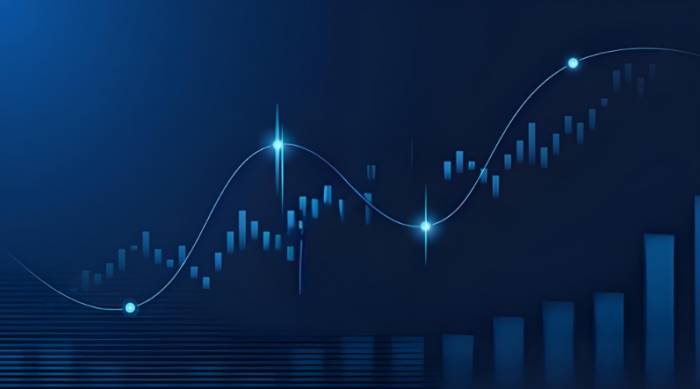
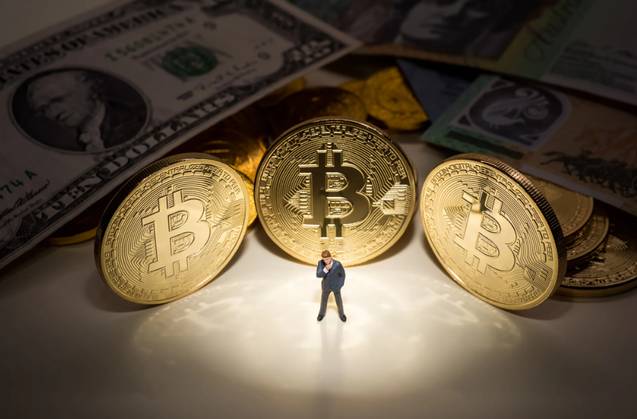

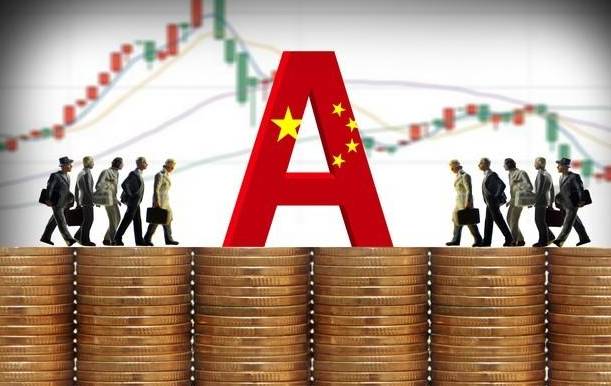

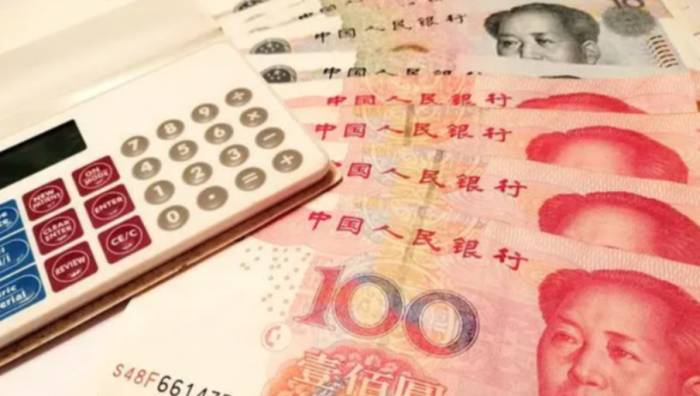

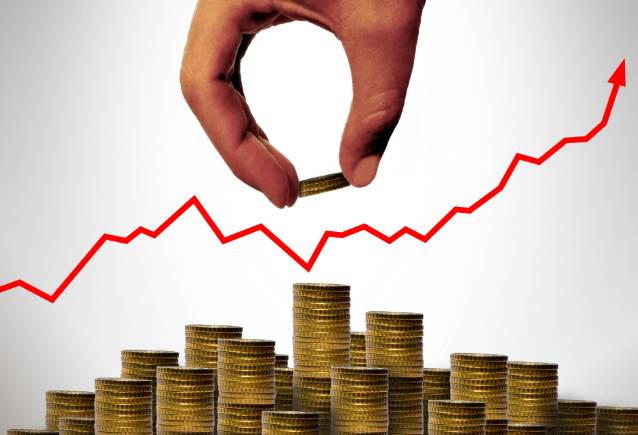




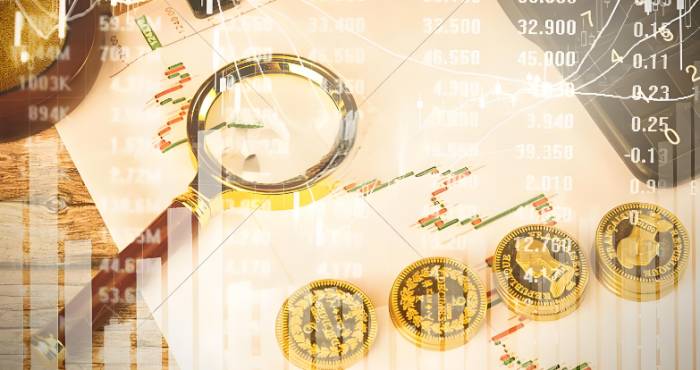
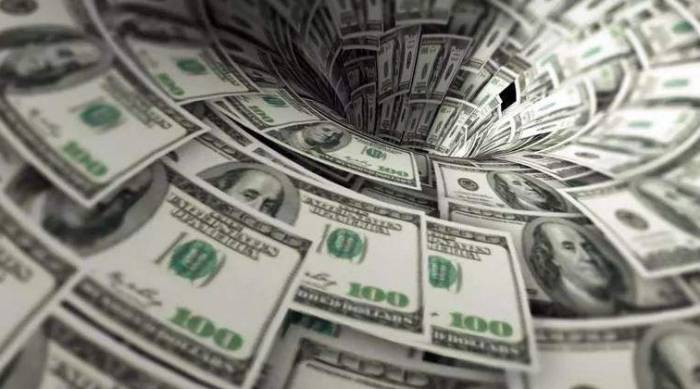



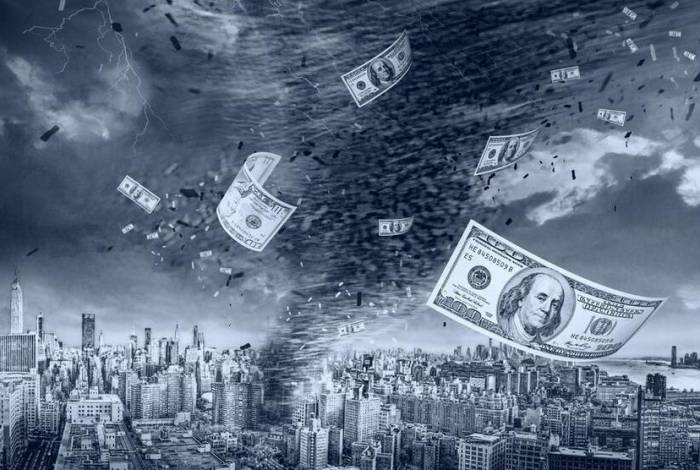


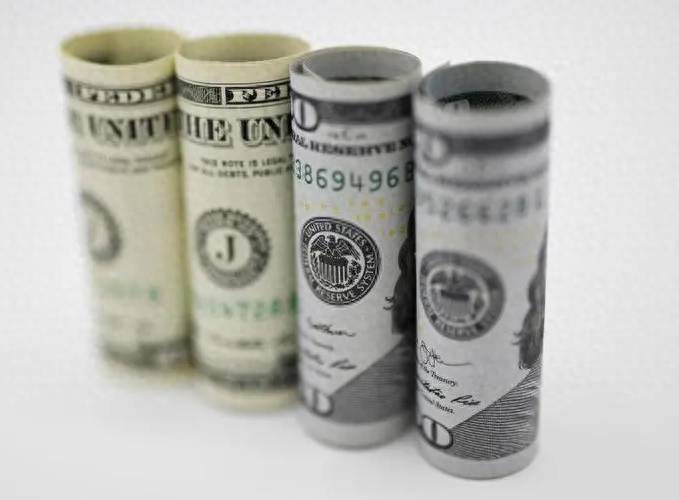
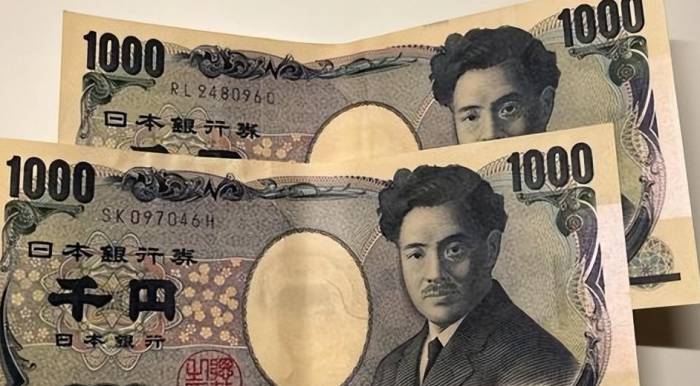
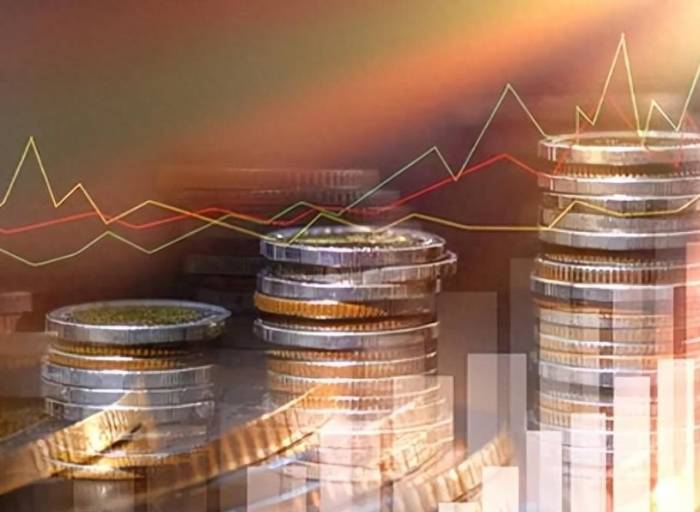


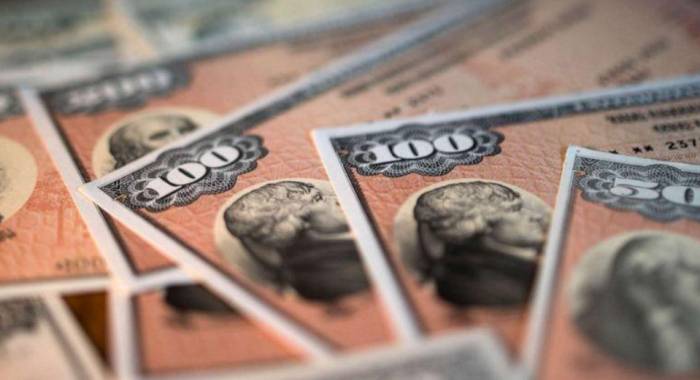


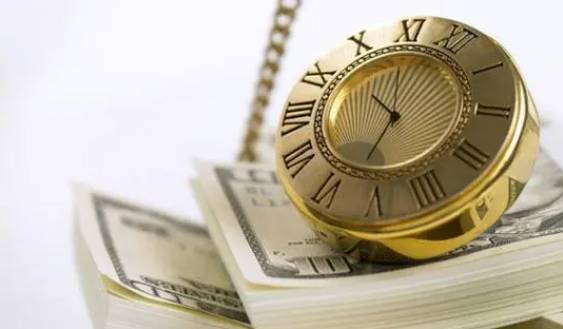
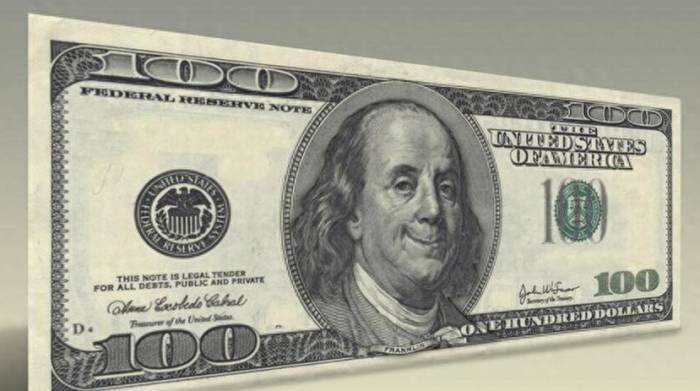
Leave a Comment